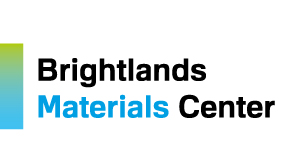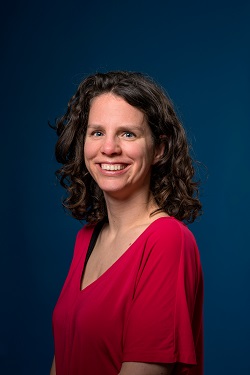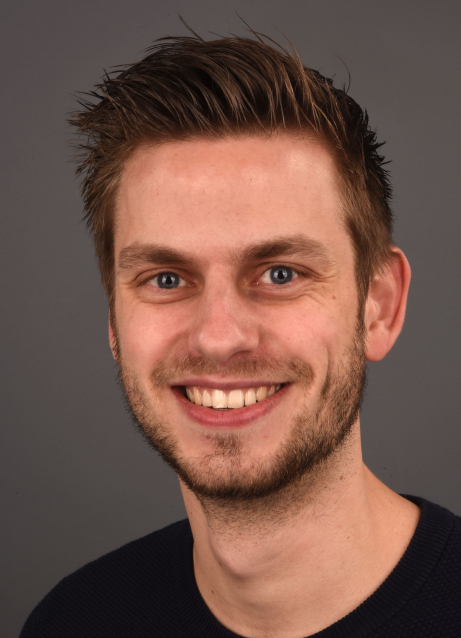UM and Brightlands Materials Center start largest research programme on 3D-printing for biomedical sciences in Europe
Maastricht University (UM) and Brightlands Materials Center (BMC) decided to join forces to create one of the largest initiatives on biofabrication for regenerative medicine applications in Europe. In this new collaborative platform, the largest research program on 3D-printing for biomedical sciences in Europe is created. BMC and UM work together with other public and private partners such as DSM, TNO and the Province of Limburg.

The platform aims at better understanding of the processes at the base of different bioprinting technologies. Lorenzo Moroni, professor at UM: “Our ambition is to bring skeletal applications in the program to clinical trials and to create a first functional working prototype for heart and kidney regeneration that can enter into pre-clinical evaluation. By doing so, we will also be able to synthesize new bioactive materials for applications ranging from skeletal to heart and kidney regeneration.”
The initiative was arisen by the necessity to give impulse on a number of technological and material challenges in the 3D-printing and bioprinting world; facilitating the translation of biofabricated products to the clinics.
“The know-how and competences on UM side combined with the material knowledge and industrial outlook of BMC make our collaboration a perfect match. Together we can deliver solutions to the clinics. At the same time, we can contribute to industrial development and new product lines of the companies associated to BMC. Sustainable public-private partnerships in which academia work closely together with industry are needed to change tomorrow’s healthcare.”, say Marnix van Gurp, Managing Director of BMC, and Lorenzo Moroni.
The initiative embeds into a region where there are already active Regional and European projects at UM centred on biofabrication technologies as well as at the Brightlands Chemelot Campus where active collaborations with Zuyd Hogeschool, InSciTe, CHILL, the Technical University of Eindhoven and the Aachen -Maastricht Institute for Biobased Materials have been installed. Further enhancing the present collaborations with the nearby institutes at Leuven and Aachen will make this region a logical melting pot for new initiatives in this field.
Also read
-
Nienke Verstegen, researcher at De Forensische Zorgspecialisten, has conducted research on aggression within forensic care and its impact on patients and staff. On July 6, 2023, she will receive her PhD from Maastricht University with her dissertation 'Hurt people hurt people. Characteristics and...
-
Patients admitted to hospital due to a severe COVID-19 infection exhibit no evidence of brain damage caused by the disease. This is the conclusion of an extensive study led by Maastricht University.
-
Due to the Western lifestyle with a high fat diet combined with little exercise, more and more people in the Netherlands are overweight or even obese. This causes an increased risk of type II diabetes. What can be done about this besides a healthier lifestyle? The answer comes from an unexpected...


